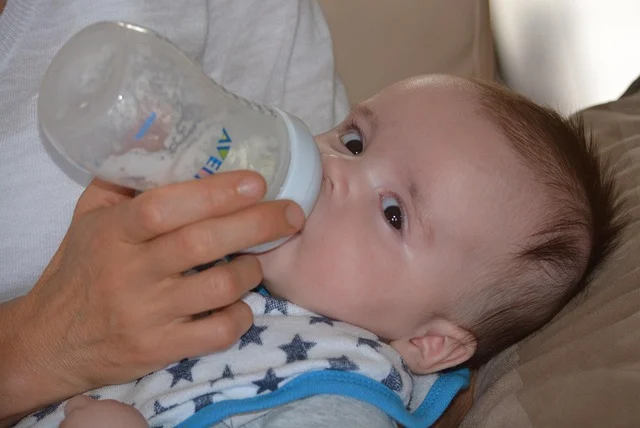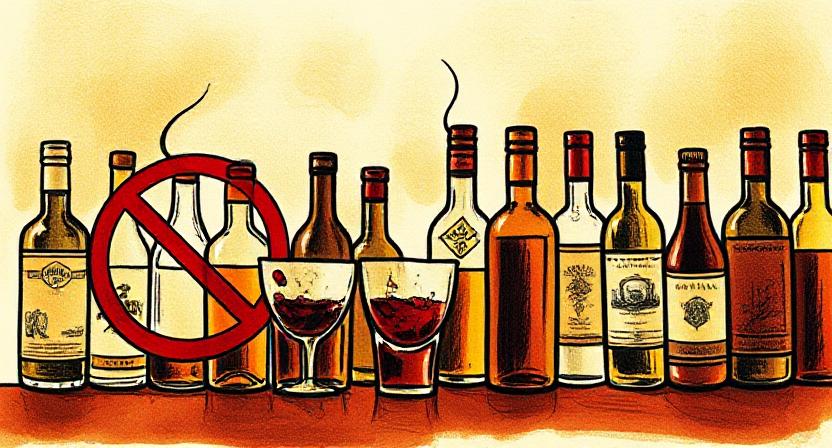In recent years, Islamic scholars have issued groundbreaking fatwas that encourage the use of pasteurized donor breast milk for Muslim babies, particularly those who are preterm, low birth weight, or critically ill. These religious clarifications address longstanding concerns within Muslim communities about milk kinship, paving the way for improved health outcomes and greater equity in neonatal care. This blog post explores these new fatwas, their significance, and their impact on Muslim families worldwide.
Understanding Milk Kinship in Islam
In Islamic tradition, milk kinship is a concept rooted in the Qur’an and Hadith, which establishes a familial bond between a baby and the woman who breastfeeds them. According to Islamic teachings, if a woman breastfeeds a child, a kinship tie is formed, prohibiting future marriage between the child and the donor’s family members, often referred to as “milk siblings.” This belief has historically led some Muslim families to hesitate or refuse donor breast milk, especially when the donor’s identity is unknown, due to concerns about potential incestuous relationships in the future.
The anonymity of milk banks in many countries, including the United States, has posed a challenge for Muslim families. Unlike traditional wet-nursing, where the donor and recipient families typically know each other, modern milk banks often pool milk from multiple donors, making it difficult to trace kinship ties. This uncertainty has created barriers to accepting donor milk, even when it is medically advised for vulnerable infants.
Fatwas Approving Donor Breast Milk in Minnesota and Singapore
Minnesota’s First-of-Its-Kind Fatwa on Donor Breast Milk (2023)
In November 2023, the Minnesota Islamic Council issued a pioneering fatwa in the United States, encouraging the use of pasteurized donor breast milk for Muslim babies in hospitals, particularly those in NICUs (neonatal intensive care units). Signed by Imam Mohamed Mahad of Nurul-Iman Mosque in Minneapolis, the fatwa was the result of extensive discussions between Islamic scholars, Muslim community leaders, and medical experts from Children’s Minnesota, M Health Fairview, the Minnesota Milk Bank for Babies, and the Minnesota Breastfeeding Coalition.
The fatwa clarifies that the benefits of donor milk are significant enough to outweigh concerns about milk kinship, especially for preterm, low birth weight, or ill infants. It draws on Islamic teachings, such as Qur’an verse 2:233, which permits the use of a wet nurse when a mother cannot breastfeed, and highlights the historical precedent of shared milk in Islamic culture. The ruling emphasizes that Islam prioritizes the preservation of human life, making donor milk a permissible and encouraged option when medically necessary.
Singapore’s Fatwa on Milk Banks (2017)
Singapore set a precedent in 2017 when its Fatwa Committee, led by Mufti Dr. Mohamed Fatris Bakaram, ruled that premature Muslim babies could benefit from donor milk at KK Women’s and Children’s Hospital’s milk bank. The committee determined that milk kinship (mahramiyah) is not established when babies consume milk from multiple donors, as is common in milk banks, due to uncertainties in the amount and frequency of feedings from a single donor.
The ruling addressed practical realities: premature infants in NICUs typically receive small volumes of milk (1-2 ml every 2-3 hours) from multiple donors, often up to 20 over a month-long stay. This mixing of milk, along with feeding methods like nasal tubes or bottles rather than direct latching, reduces the likelihood of establishing kinship under Islamic law. The fatwa also encourages Muslim mothers to donate milk, framing it as a charitable act aligned with Islamic values.
Iran’s Progressive Fatwa on Milk Banks (2016)
In 2016, a fatwa issued by Ayatollah Khamenei in Iran permitted the establishment of human milk banks, stating that milk kinship is not formed when milk is not fed directly from the breast. This ruling addressed concerns about anonymity in modern milk banking and facilitated the creation of nearly a dozen milk banks across the country. By providing a religious framework for donor milk use, the fatwa has supported improved neonatal care in Iran, offering a model for other Muslim-majority nations to follow.
European Council for Fatwa and Research (2004)
In 2004, the European Council for Fatwa and Research (ECFR) issued a ruling endorsing the establishment and use of human milk banks, building on al-Qaradawi’s earlier fatwa. The ECFR argued that milk banks do not establish milk kinship due to the anonymized nature of donations and the lack of direct suckling. The council highlighted the medical benefits of donor milk for vulnerable infants and encouraged Muslim mothers to donate milk as a charitable act, aligning with Islamic values of compassion and community support.
Shaykh Yusuf al-Qaradawi’s Fatwa (1983)
Shaykh Yusuf al-Qaradawi, a prominent Islamic scholar, addressed the permissibility of milk banks in 1983 at the Islamic Organisation of Medical Sciences (IOMS) and later at the International Islamic Fiqh Academy (IIFA) in 1985. His fatwa, further elaborated in 2004 at the European Council for Fatwa and Research (ECFR), ruled that there is no barrier in Islam to establishing or using human milk banks.
Impact and Future Directions
These fatwas mark a significant step toward health equity by removing religious barriers to donor milk access. In Minnesota, the ruling is expected to improve outcomes for Muslim infants in NICUs, particularly in communities with large Somali populations. Globally, the fatwas provide a framework for other Muslim communities to adopt similar clarifications, potentially saving countless lives.
The rulings also highlight the importance of collaboration between medical professionals and religious leaders. By addressing spiritual concerns alongside medical evidence, these fatwas empower Muslim families to make informed decisions without compromising their faith.




